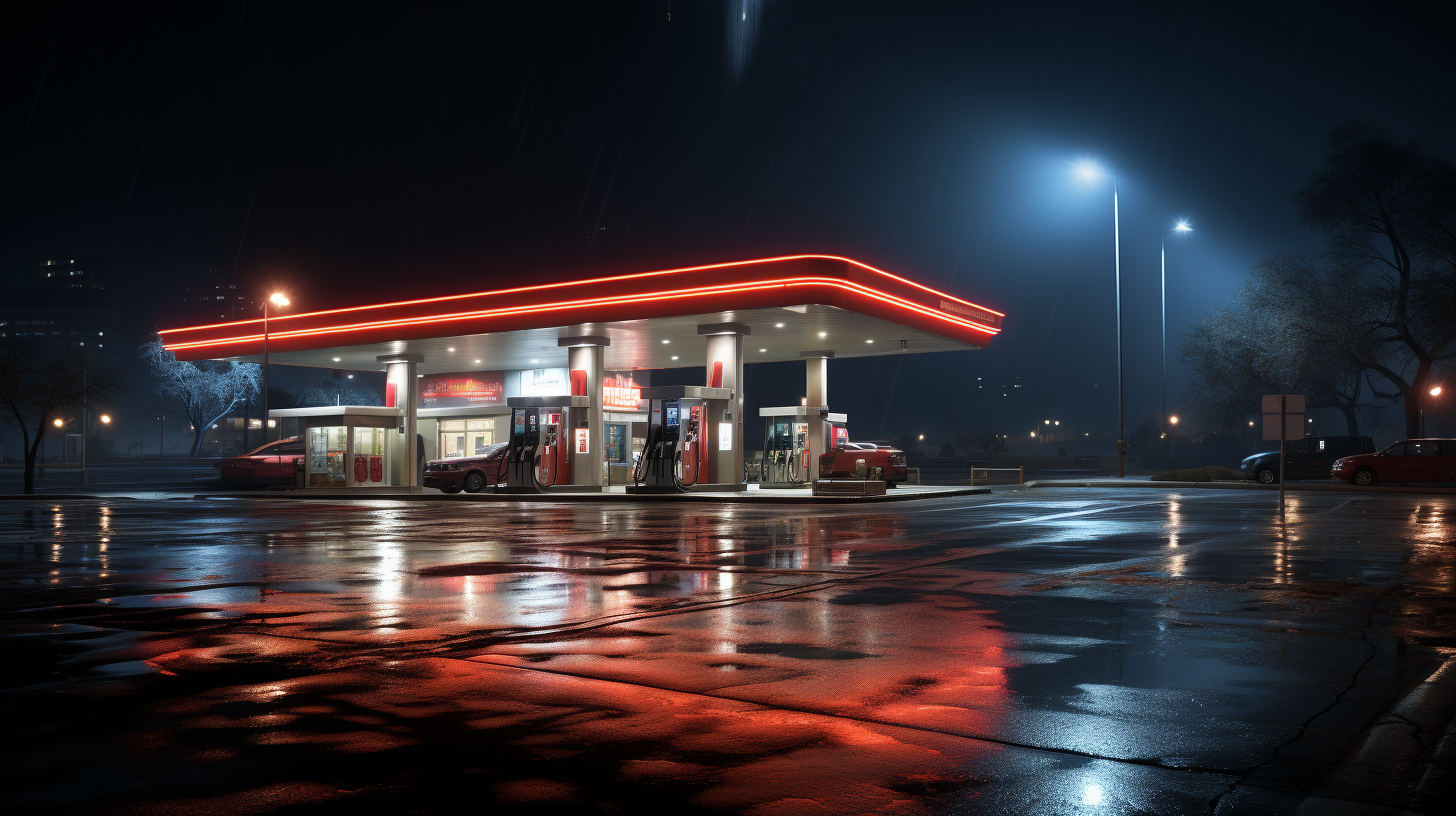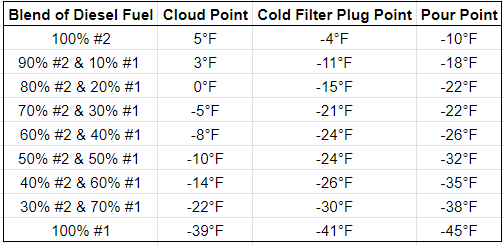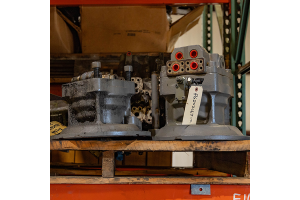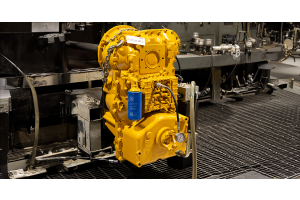
What happens when it gets colder outside? Bones start aching, coats come out of storage, and diesel fuel starts gelling. Diesel fuel gels? It sure does, and it can have some unfortunate consequences if not taken care of.
When does this happen?
- Fuel Gelling happens when the paraffin waxes in the fuel crystallize.
- This can slow fuel flow to the engine.
- It can also completely stop the fuel flow.
Why is there wax in my diesel?
- The paraffin waxes in the fuel are combustible and help power the engine when burned.
- They can also solidify and cause stoppage when the temperature reaches lower levels.
Phases of Fuel Gelling
- Cloud Point. This is the temperature where the wax begins to solidify and form solid particles in the diesel fuel.
- Cold Filter Plugging Point. The point where the engine fuel supply filters become plugged with wax particles.
- Pour Point. The diesel fuel is completely gelled up, with no more fuel flow.

Fuel Gelling Symptoms
- Engine won't start.
- Engine starts, but immediately dies.
- Acceleration of machine is sluggish, power is low.
- There is a difference between desired and actual fuel rail pressures.
What can you do?
Fuel Type
- Switch to premium winterized fuel with anti-gelling properties. It is specifically made to prevent gelling. Many states mandate when stations can sell winterized blends of fuel, so you won't have to go searching for it.
- Fuel line heaters are propane heaters, while convenient, are not safe, and could create warmer problems.
- Simply running your engine when it gets colder won't help much, unless the fuel is formulated for the temperature.
Winterize your fuel tank
- Give your tank winterizing additives when you fill up. Make sure to read the label carefully to know how much to add!
Diesel Fuel Types
The main difference is the cetane rating of the fuel, just like gasoline's octane rating. The cetane rating indicates ignition ease.
Diesel #1
This fuel has a number of benefits, with the con being that it is less efficient, and more expensive.
- Has a shorter ignition delay.
- Higher Cetane Rating. Which means reduced maintenance, and helps engine run smoothly.
- Added Detergents. These clean the injectors and other components while the engine is running, so that they don't get gummed up with debris or sediment.
- Added Lubricants. Reduce friction and extends life of the fuel pump and other components.
- Demulsifiers. Separate the emulsified water from the fuel so it can be filtered out.
- Corrosion inhibitors. Prevent rust and corrosion.
- Stabilizers. Prevent clogs and build up.
- Cold weather performance. Has a lower viscosity, and performs better in lower temperatures.
Diesel #2
The normal diesel fuel, which doesn't have as many additives, but is less expensive at the pump. Most states will mandate the sale of a blend of the two fuel types that is correct for the area you are in, so that you won't have to do the mixing yourself.









